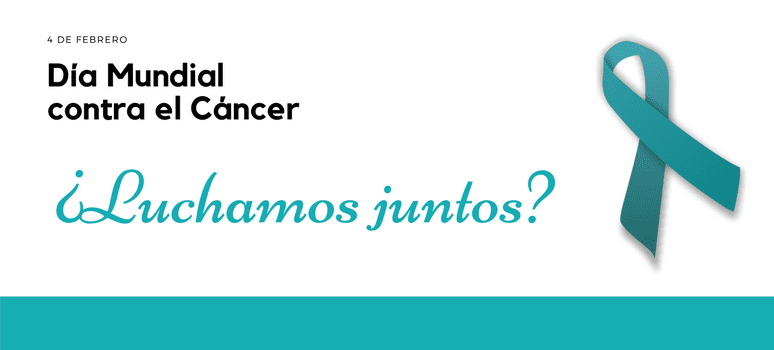
Early diagnosis and prevention are the most effective weapons against cancer, although treatments such as immunotherapy are opening up new possibilities for a cure.
When we talk about cancer, we are not talking about one disease, but about several diseases that develop in a common pattern, the tumour formation due to an overgrowth of abnormal, more resistant and more reproductive cells. The importance of cancer worldwide is determined by its growing incidence; it is estimated that by 2035 it will be the cause of 14 million deaths, already the second leading cause of death globally.
However, it is also true that the prevalence of this disease is high(prevalence is the number of diagnosed patients who are still alive 5 years after diagnosis, and therefore includes newly diagnosed patients and those diagnosed in the past).
According to the latest report of the Spanish Society of Oncology, "Cancer Data 2018", there is a difference between men and women in terms of the type of tumour diagnosedThe most common tumours are prostate, lung, rectum, bladder, stomach, kidney, liver, pancreas, non-Hodgkin's lymphoma and leukaemia in men, and breast, colon, uterus, lung, ovary, pancreas, stomach, NHL, cutaneous melanoma and cervix in women. On the other hand, there are types of tumours which are increasing incidence among the female populationFor example, lung cancer has grown by 5.1% and pancreatic cancer by 3.5% at the European level since 2012.
Risk factors and prevention
Tobacco, alcohol, pollution, obesity and sedentary lifestyles are always cited as the most common causes of death. controllable risk factorsthose on which we can each act. In fact, there are studies that directly link 15-25% of lung or pancreatic cancer cases to smoking, for example.
But do our habits determine our predisposition to cancer? The truth is that these factors can be triggers, but there are others, such as genetics, which are also determinants. As explained by the American Cancer Society, there is no clear relationship between the inherited genes and cancerHowever, there are families that suffer from some type of cancer because of an inherited abnormal gene or because they share habits, environment and lifestyles that can lead to cancer. What they explain is that most cancers are triggered by genetic changes originating in a single cell.
So if the causes of cancer are unclear What can we do to prevent it? It seems logical to think that we should eliminate the aforementioned risk factors and, of course, at Biosalud Day Hospital this is what we always recommend in parallel to our treatments. The greatest accumulation of exposure to these risk factors occurs in older people, which is why we see how ageing is a risk factor The disease is aggravated if the internal cellular repair mechanisms are not effective.
At Biosalud Day Hospital we work for health; we not only cure illnesses but we also try to ensure that healthy people maintain that state throughout their lives with treatments that can eliminate the negative effects of lifestyle. For example, with our Prevent programmeIn this way, we can know the functional alterations or imbalances of the organism and act preventively with treatments such as the great Autohemotherapy. Also, and within our programmes Medical WellnessWe have anti-ageing treatments that mitigate the effects of pathological ageing and bad lifestyle habits.
Our aim with these programmes is to restoring the body to healthThe treatments at our facilities are always complemented by treatments at home that include appropriate dietary and lifestyle guidelines.
Immunotherapy, new hope for patients
Immunotherapy is a biological therapy based on the stimulation of the body's natural defences to fight cancer. The role of the immune system in the treatment and prevention of cancer is fundamental and different types of immunotherapy have been developed. The first positive results of these techniques were obtained in patients affected by melanoma in 2010 and the importance and potential for evolution of these techniques is recognised by the scientific community and the general public.
At Biosalud Day Hospital we are studying the incorporation of This technique is used in our treatment units and, in particular, the protocol for the application of autologous dendritic cell exosomes transformed from the patient's own white blood cells.
These treatments are applied complementary to the treatment prescribed by the oncologist and its benefits are twofold: boosting chemotherapy or radiotherapy and compensating for their negative effects. In cases where patients do not respond to conventional treatment, immunotherapy improves their quality of life and extends patients' survival.

